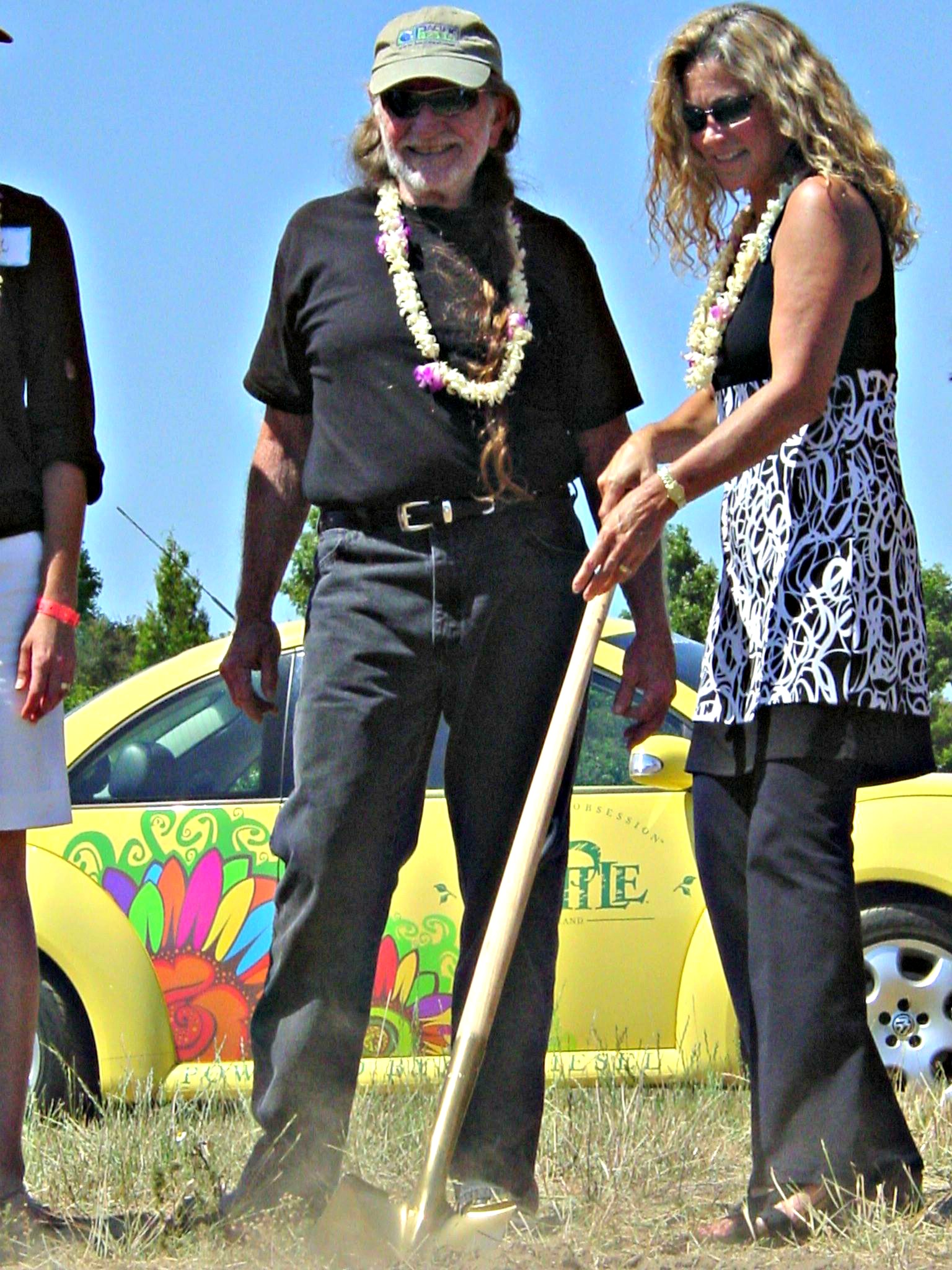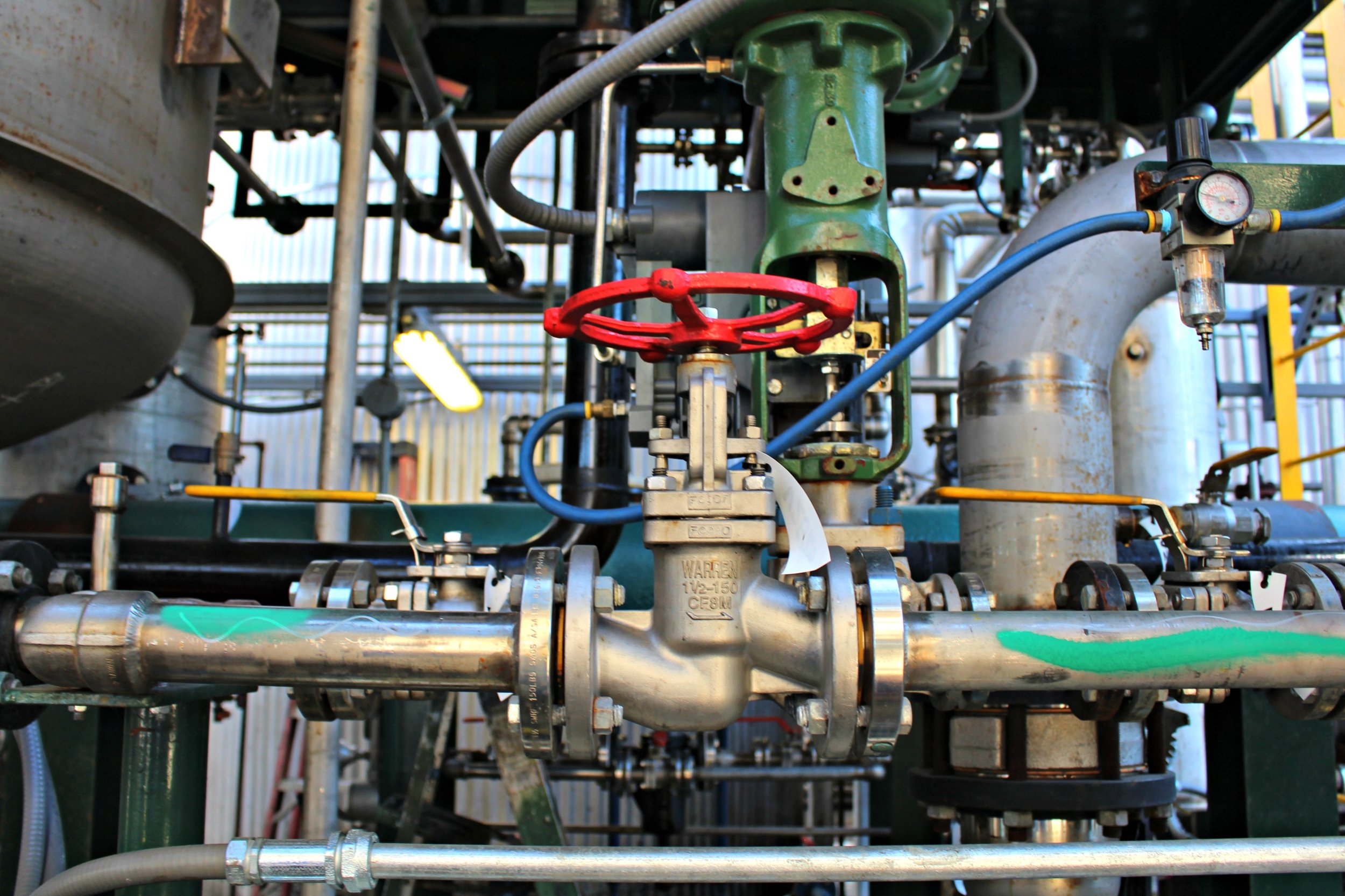SeQuential: Turning Waste into Energy
In 2002, Ian Hill was on a college road trip when his car broke down. Looking at the cloud of black smoke billowing from his engine, Ian decided there must be a better, cleaner way to travel. He and his friend, Tyson Keever, started researching biofuels as students at the University of Oregon. Nearly 15 years later, the Oregon business they founded – SeQuential – is thriving. Oregon’s Pioneering Spirit
Ian and Tyson started creating biofuel in a garage in Eugene. With the help of the University of Oregon’s business incubator program, the pair started selling biodiesel by the 5 gallon jug.
Building on their cleaner business model, SeQuential opened two biodiesel stations in Eugene, Oregon, with the help of Oregon Department of Energy tax credits. Soon after, SeQuential partnered with Hawaii’s Pacific Biodiesel to begin community-scale production of their fuels.
Breaking New Ground
In 2008, SeQuential celebrated the grand opening of its current Oregon refinery. The Salem production facility attracted a number of investors, including musician Willie Nelson, who had shovel-in-hand when the facility broke ground in 2007. The Oregon Department of Energy’s incentive programs also supported the new refinery.
SeQuential is the only biodiesel refinery currently operating in the state, and it is setting new records of fuel production each year.
A Cleaner Fuel
SeQuential’s trucks now deliver Oregon biodiesel to stations all along the west coast. New equipment upgrades have helped the business thrive, growing from 1-2 million gallons of fuel produced in its early years, to its current 7 million gallons per year.
The business’s unique model produces fuel almost exclusively from used cooking oil it collects. Encore Oils, a subsidiary of SeQuential, collects cooking oil from restaurants across the state, including Burgerville and McMenamins. Trucks also gather oil from businesses with large cafeterias, like hospitals, schools, and the Nike campus in Beaverton. As the business expanded, so did its collection boundaries. Trucks now collect oils from Oregon and Washington, along with parts of California, Idaho, and Montana.
Naturally, SeQuential’s own fleet runs on its biodiesel.
In addition to reusing a waste product like cooking oil, biodiesel burns cleaner in vehicles than petroleum-based fuels. “Biodiesel produces up to 78 percent fewer greenhouse gas emissions,” said SeQuential Marketing Manager Rachel Shaver. “Just 5 million gallons of biodiesel is enough to offset nearly 10 million pounds of carbon.”
A Sustainable Business Model
SeQuential isn’t just focused on creating a cleaner fuel. Its business model is also focused on sustainability as a whole. From using energy-efficient lighting to installing solar panels on its roof, SeQuential’s Salem refinery is going green. “Our plant is close to zero waste,” added Rachel. “The byproducts from our biodiesel production are also sold and used.”
Learn more about SeQuential on its website: www.ChooseSQ.com
Supporting Oregon Businesses
Oregon Department of Energy staff provide energy expertise and advice for Oregon nonprofits and businesses that want to make a change. Our Energy Incentive Programs offer tax credits, grants, and loans for energy projects.
Companies that collect biomass, such as used cooking oil, and convert it to a biofuel in Oregon may be eligible for a tax credit.
Call us at 1-800-221-8035 or visit our website to learn more: www.oregon.gov/energy





